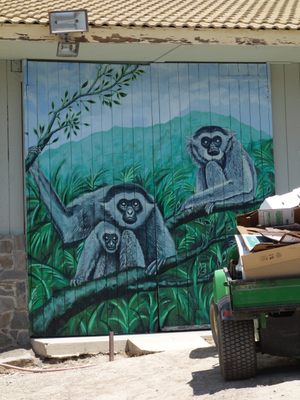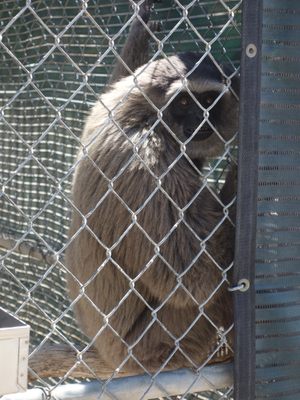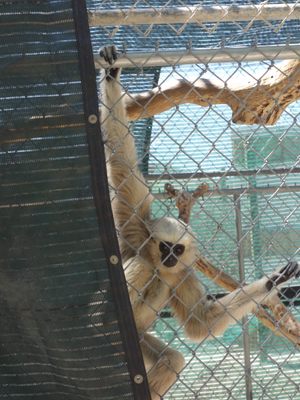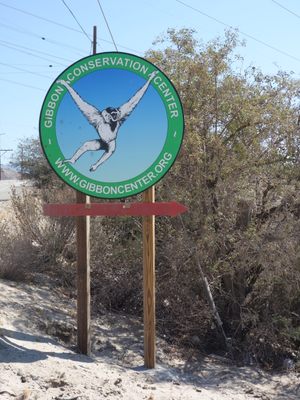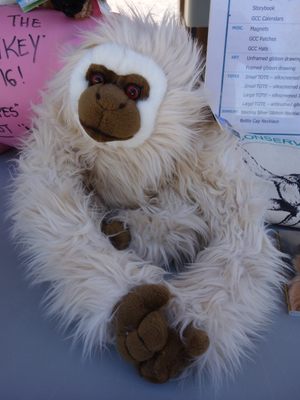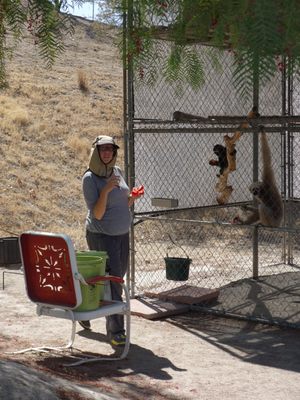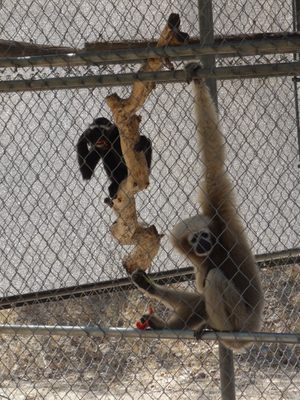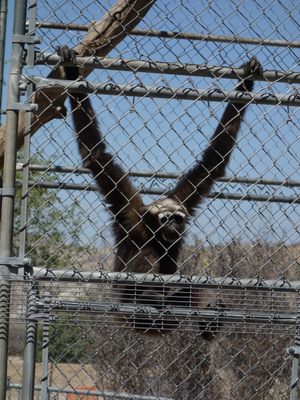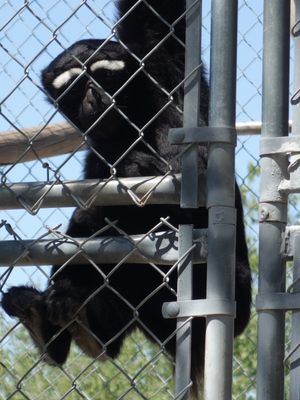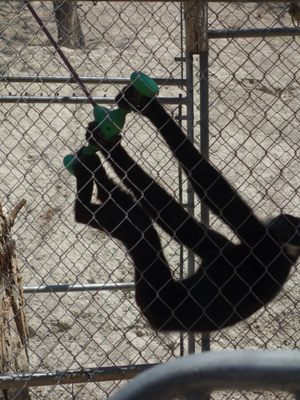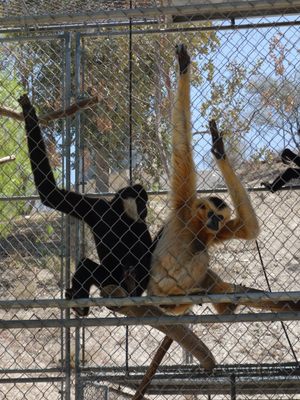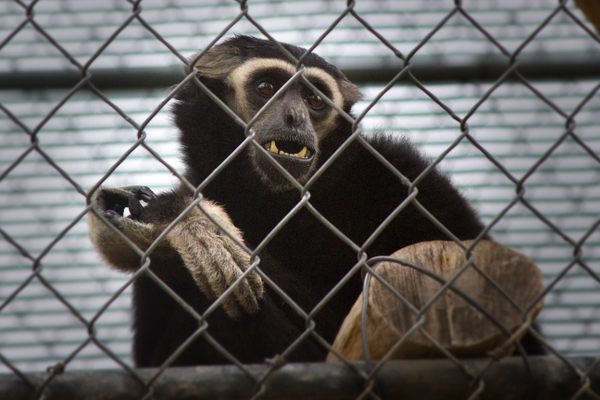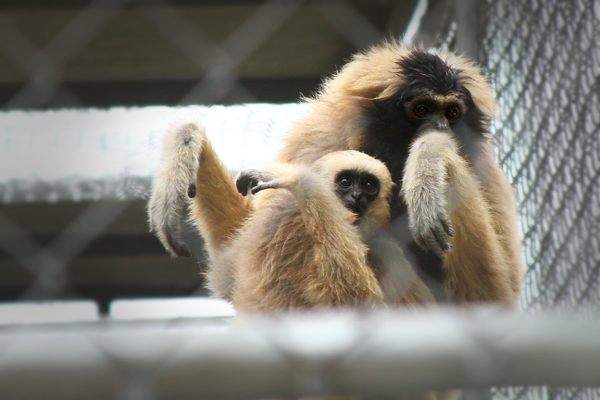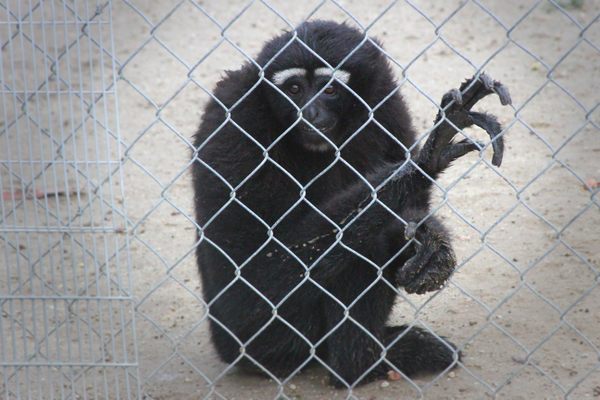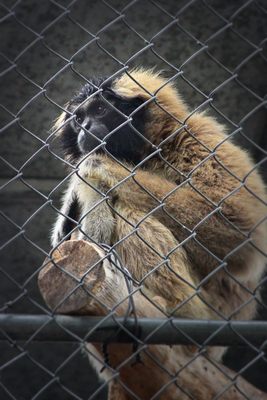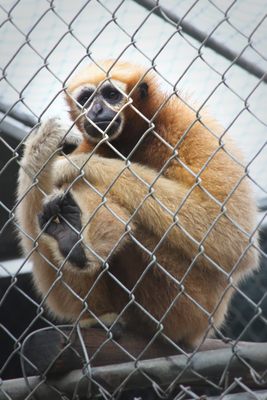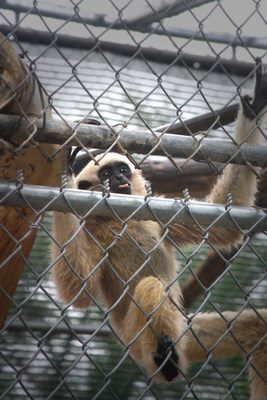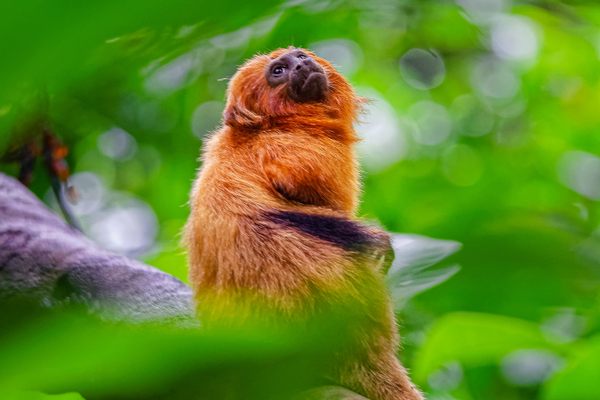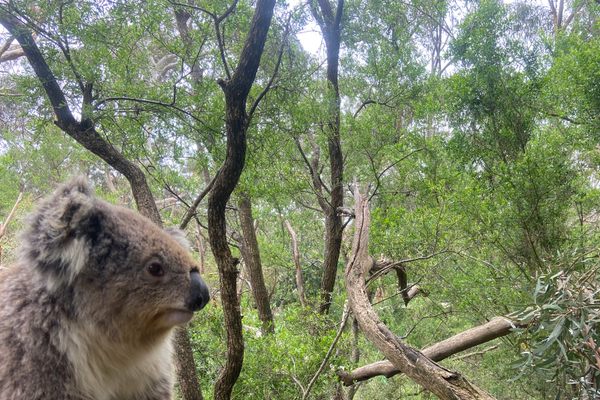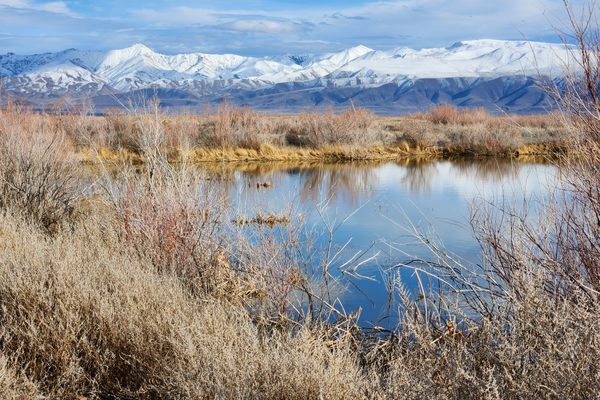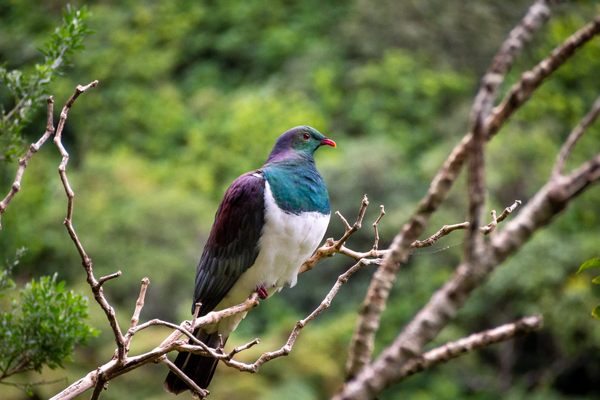About
Nestled in a remote hillside of Santa Clarita Valley, California, the Gibbon Conservation Center houses one of the largest captive populations of the endangered ape species outside of its native range in Asia.
A tour guide will enlighten you with fascinating facts about fabulous gibbons housed in the center. Interesting to note are the facts that they are a monogamous species, their children stay with them for seven to eight years before they move on to start their own family unit, and the males and females display different-colored coats. The gibbons tend to show a lot of affection towards their offspring, and watching the family units interact is an experience not many places can provide. It's difficult to photograph them because they move with blinding speed – they are fast enough to snatch and devour unwary birds that enter their enclosures, as they are omnivores and opportunistic feeders.
There are are at least half a dozen conservation facilities around the world, but the one in Santa Clarita is one of the largest. Many of the gibbons are transferred to other facilities when they reach adulthood to prevent inbreeding. Most zoos do not carry these magnificent creatures because they are a very sensitive species and need very specific requirements to properly house them.
Perhaps the most distinguishing feature of gibbons is their "songs." Each species of gibbon has a distinct identifying song and it's further differentiated by gender. Most of the time, the gibbons are quiet. However, once in while they get into a "Lion King" mood and might treat you to a cacophony of primal primate music. The combination of their songs is a sound you will not easily forget.
Related Tags
Know Before You Go
Be aware that if you don't have satellite GPS, your GPS might not work well since cell coverage is spotty in this remote and hilly area of Santa Clarita. Public hours are only held on weekends from 9:30 a.m. to noon, with a tour held at 10:00 a.m. (with the possibility of a delay due to singing). Private tours are also available all week if made in advance. While open all year, the center will close due to heavy rain or on major holidays (in particular December 25 and January 1). Requires standard admission of $5 for children ages six to 12 (under five are free), $10 for seniors, $12 for teens and students, and $15 for adults. Cash, checks, and credit cards are all accepted.
Community Contributors
Added By
Edited By
Published
November 7, 2013


